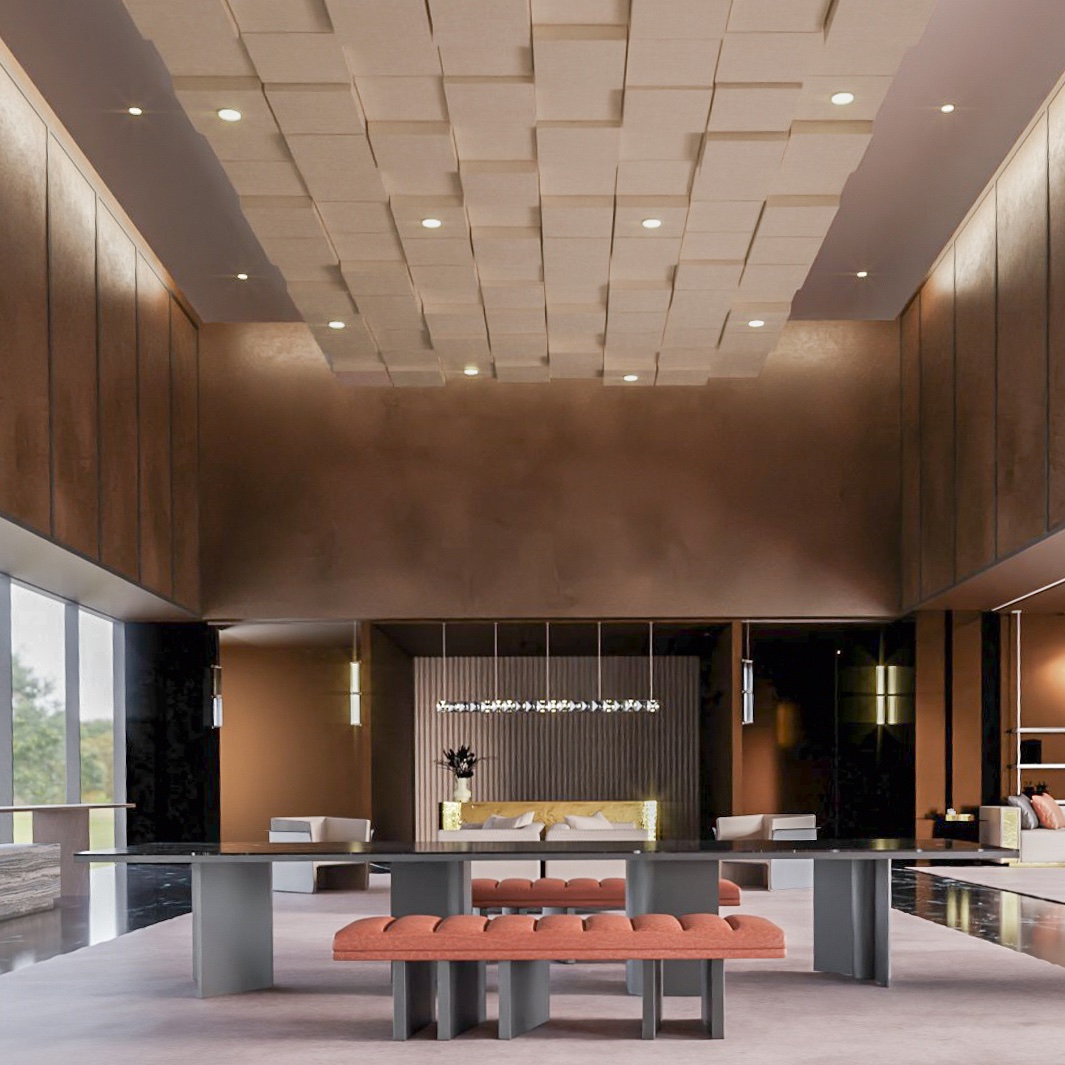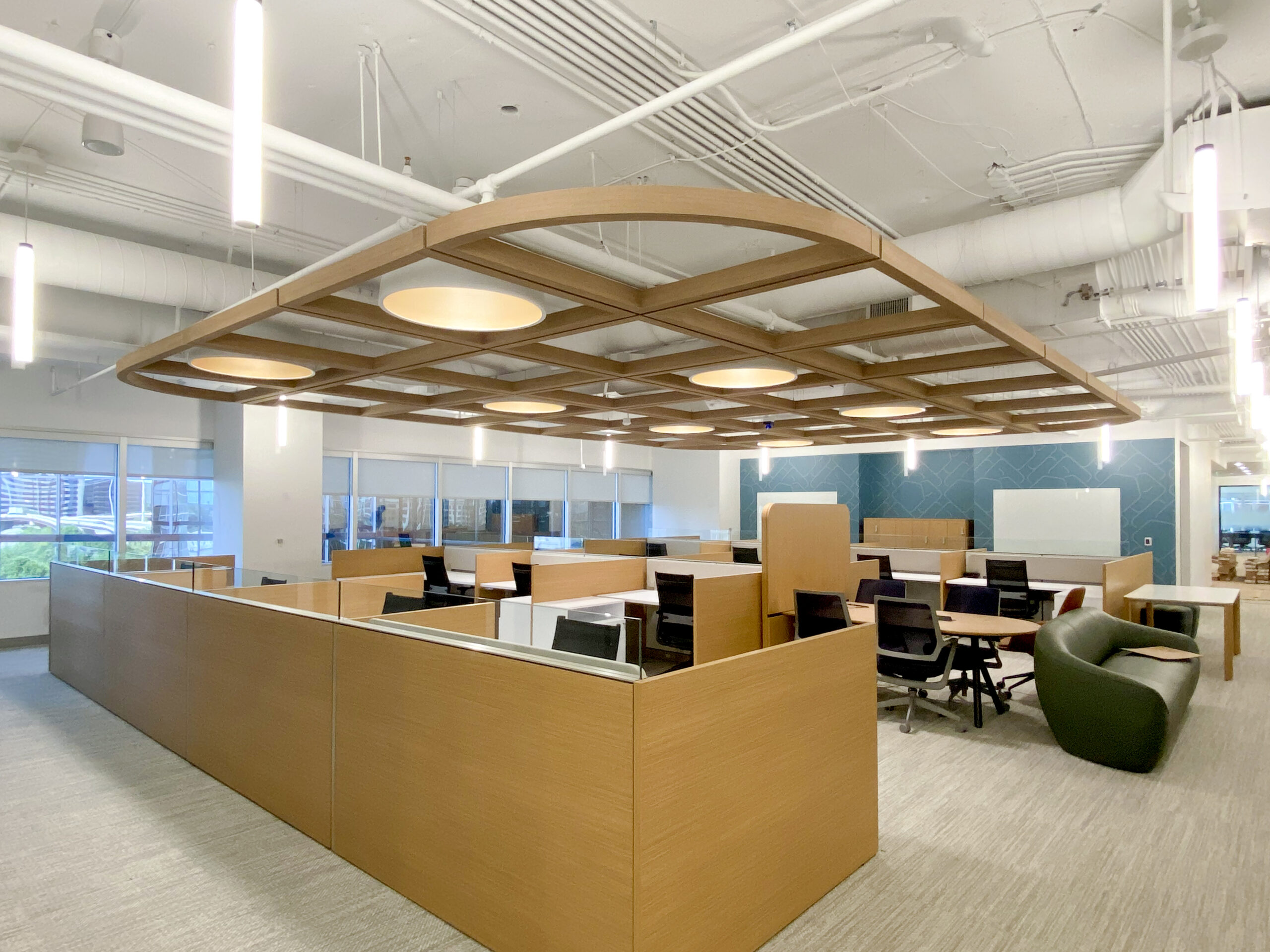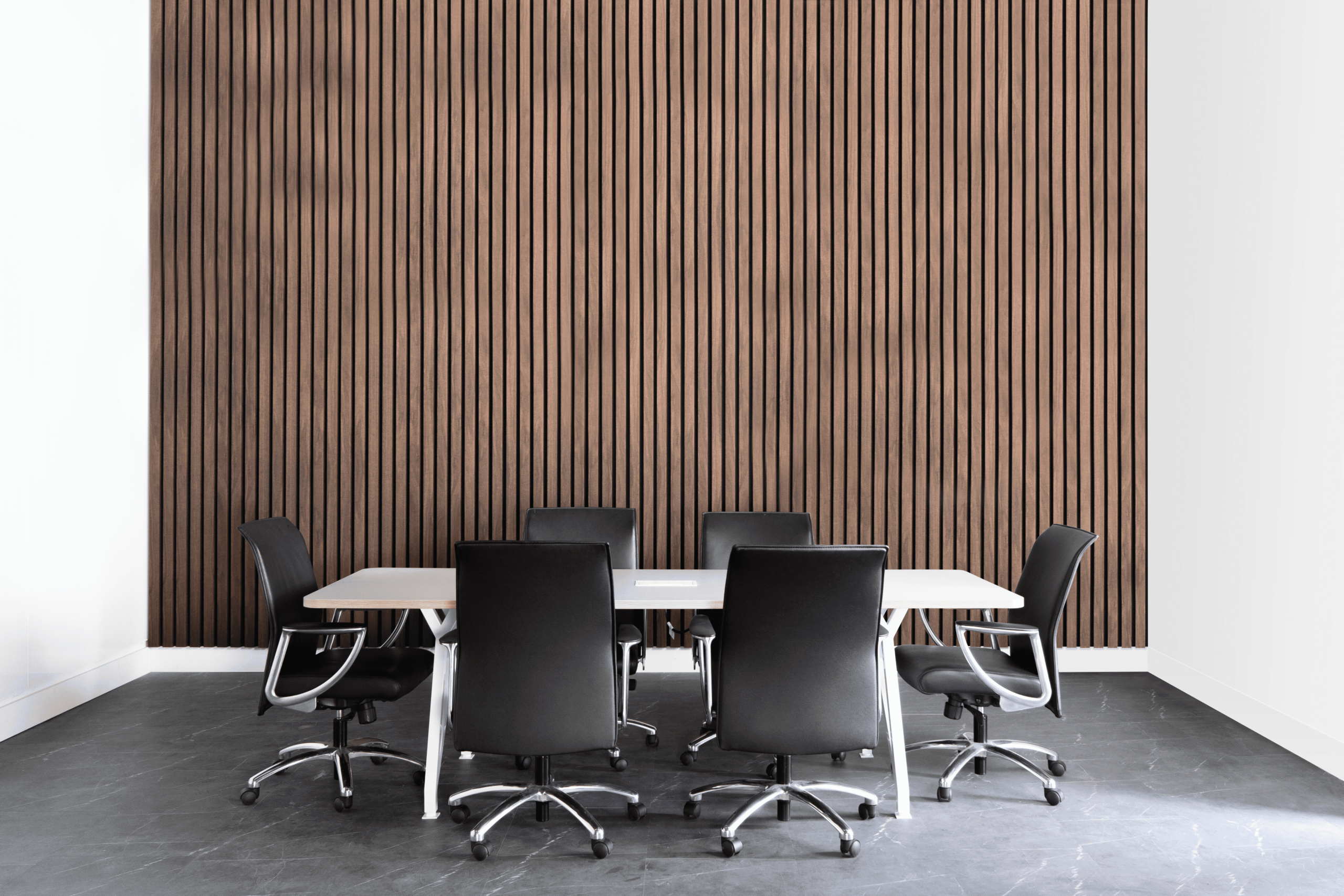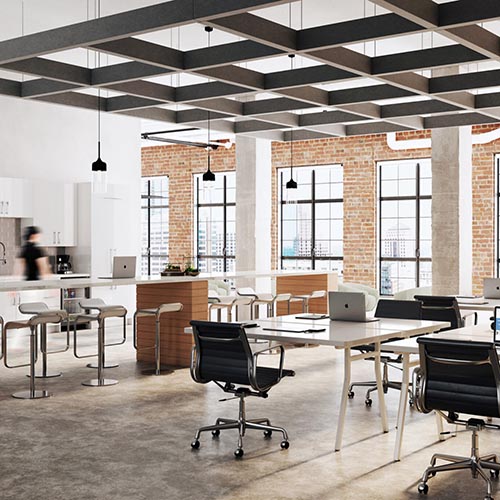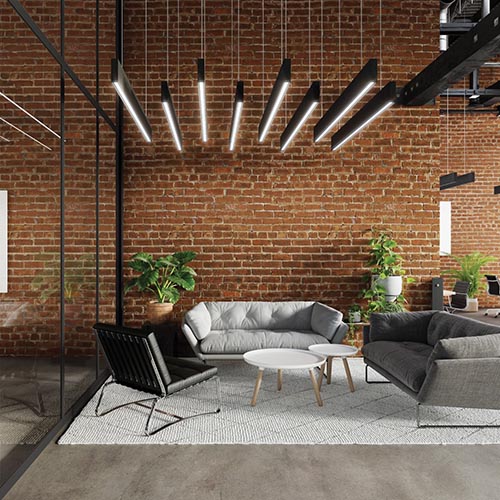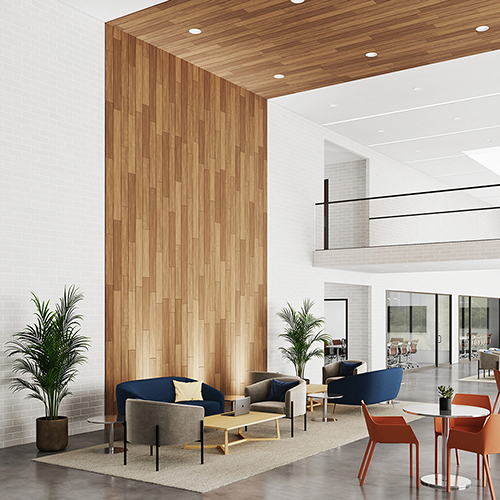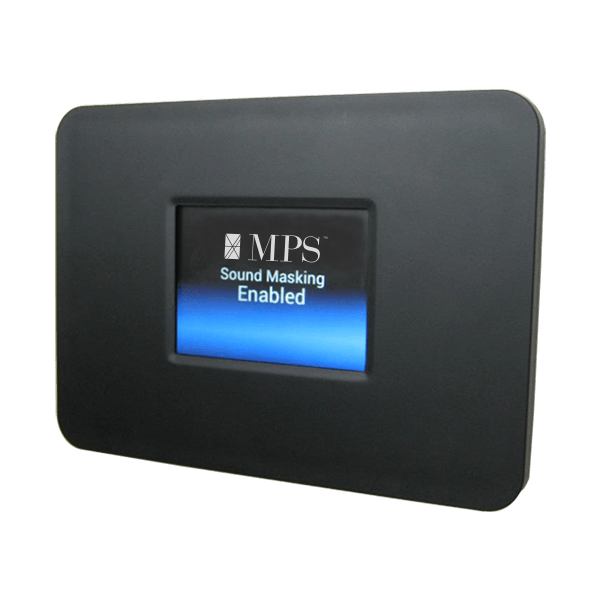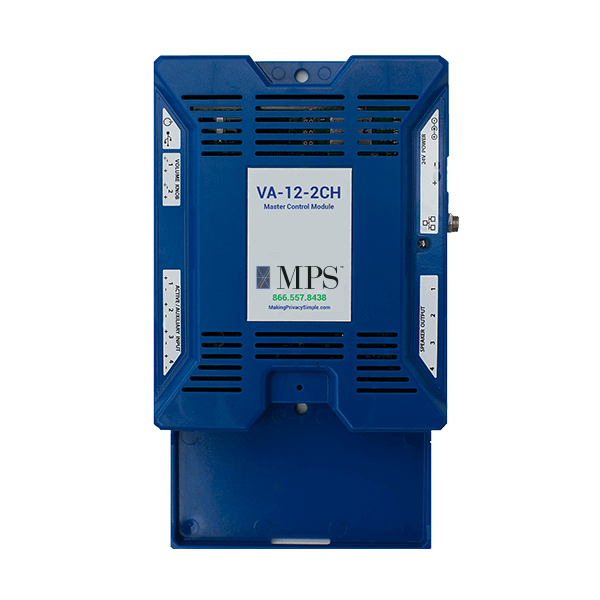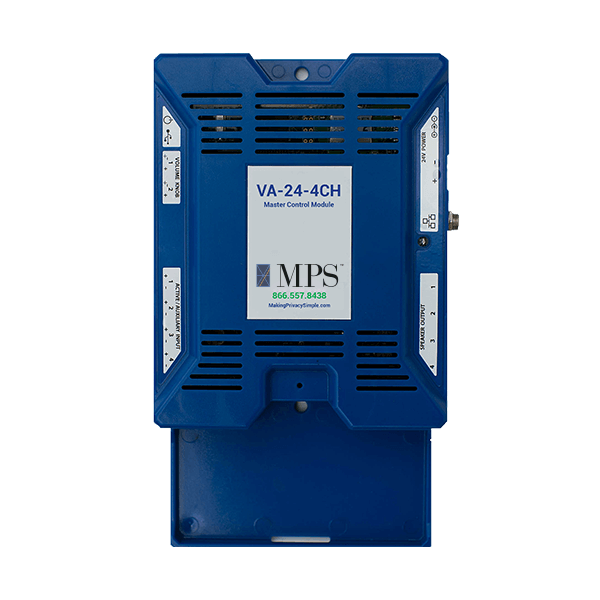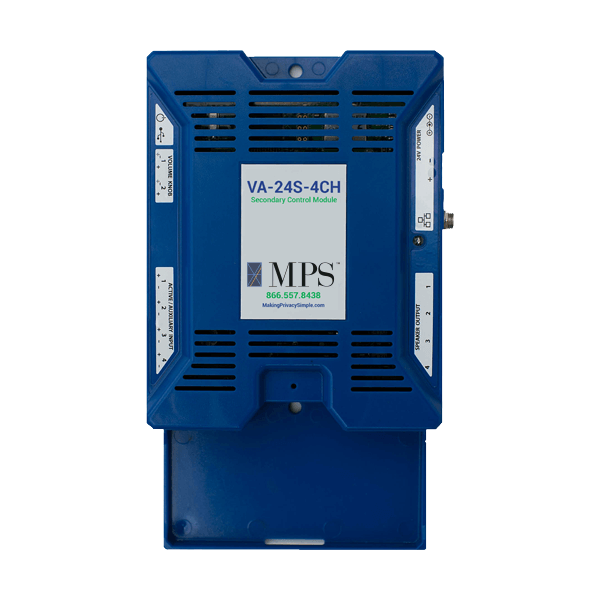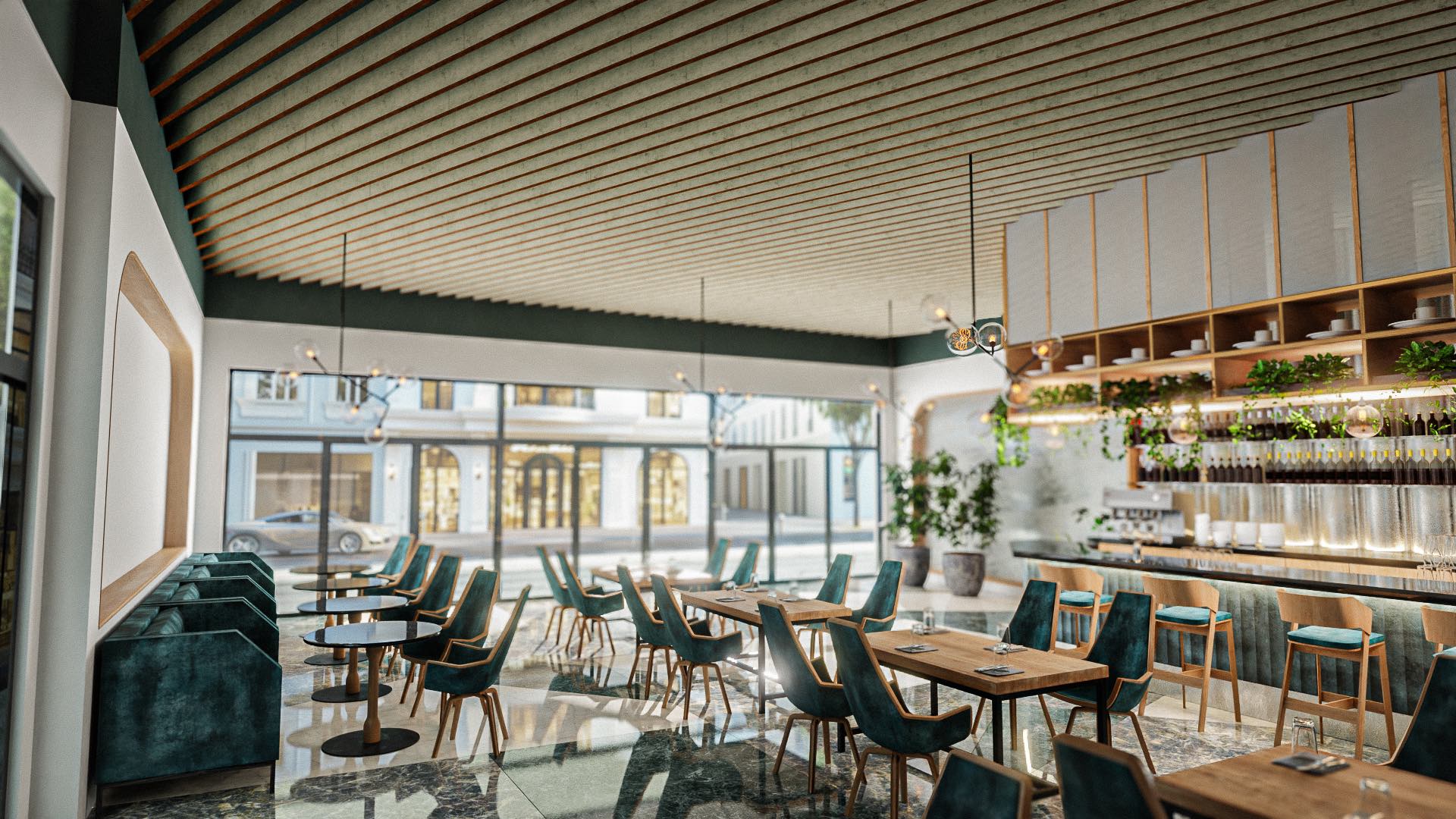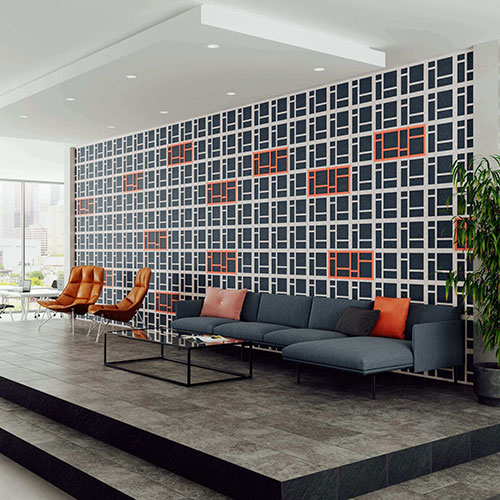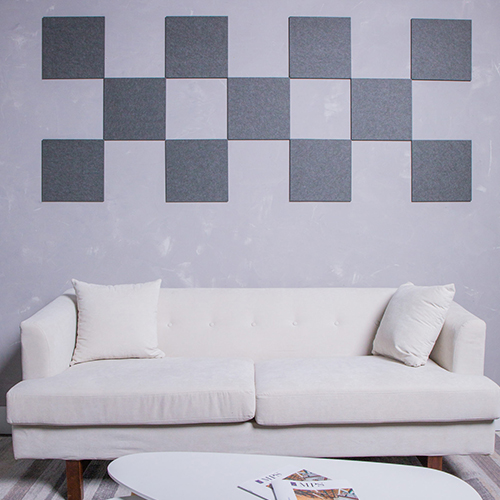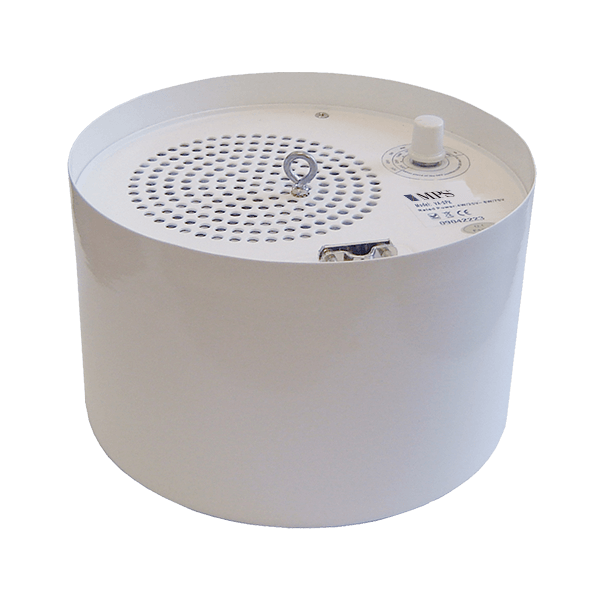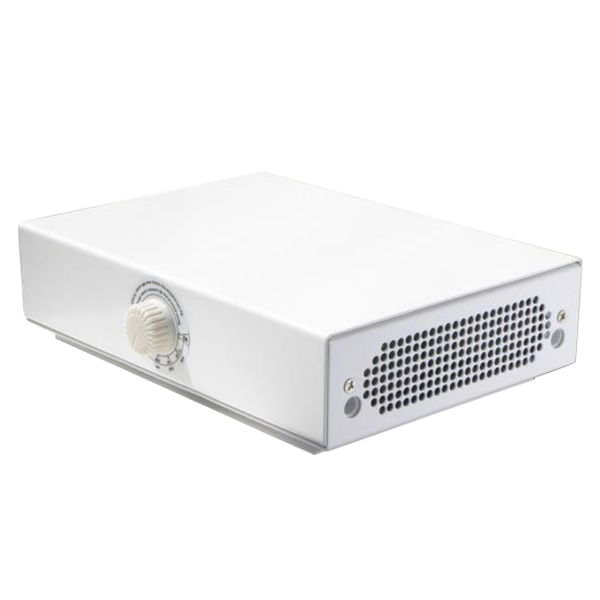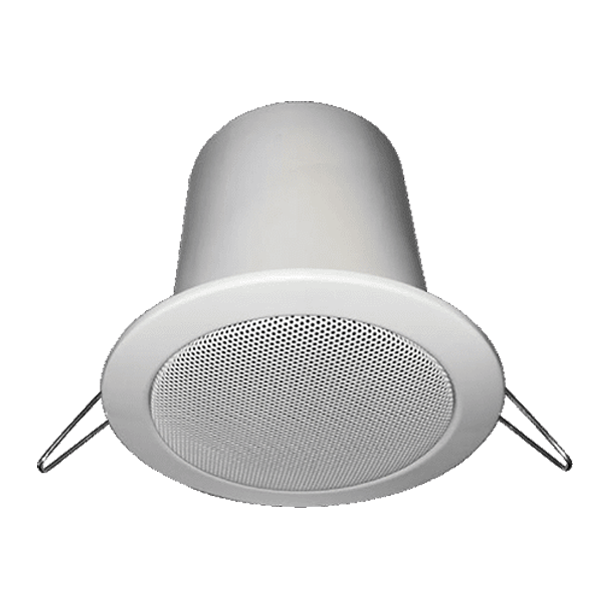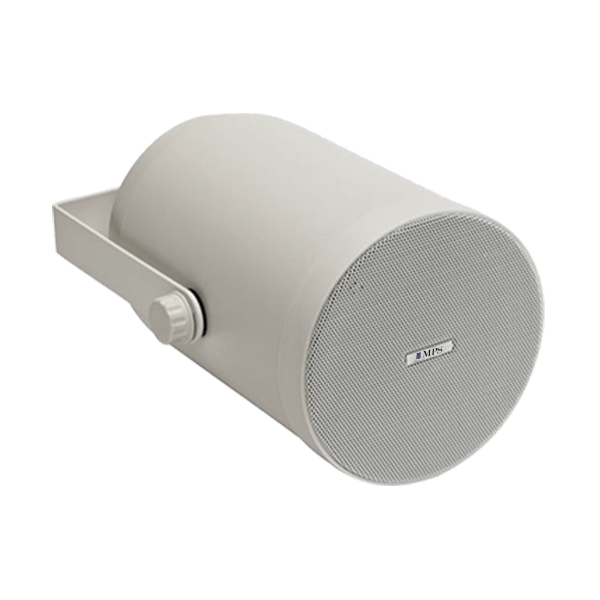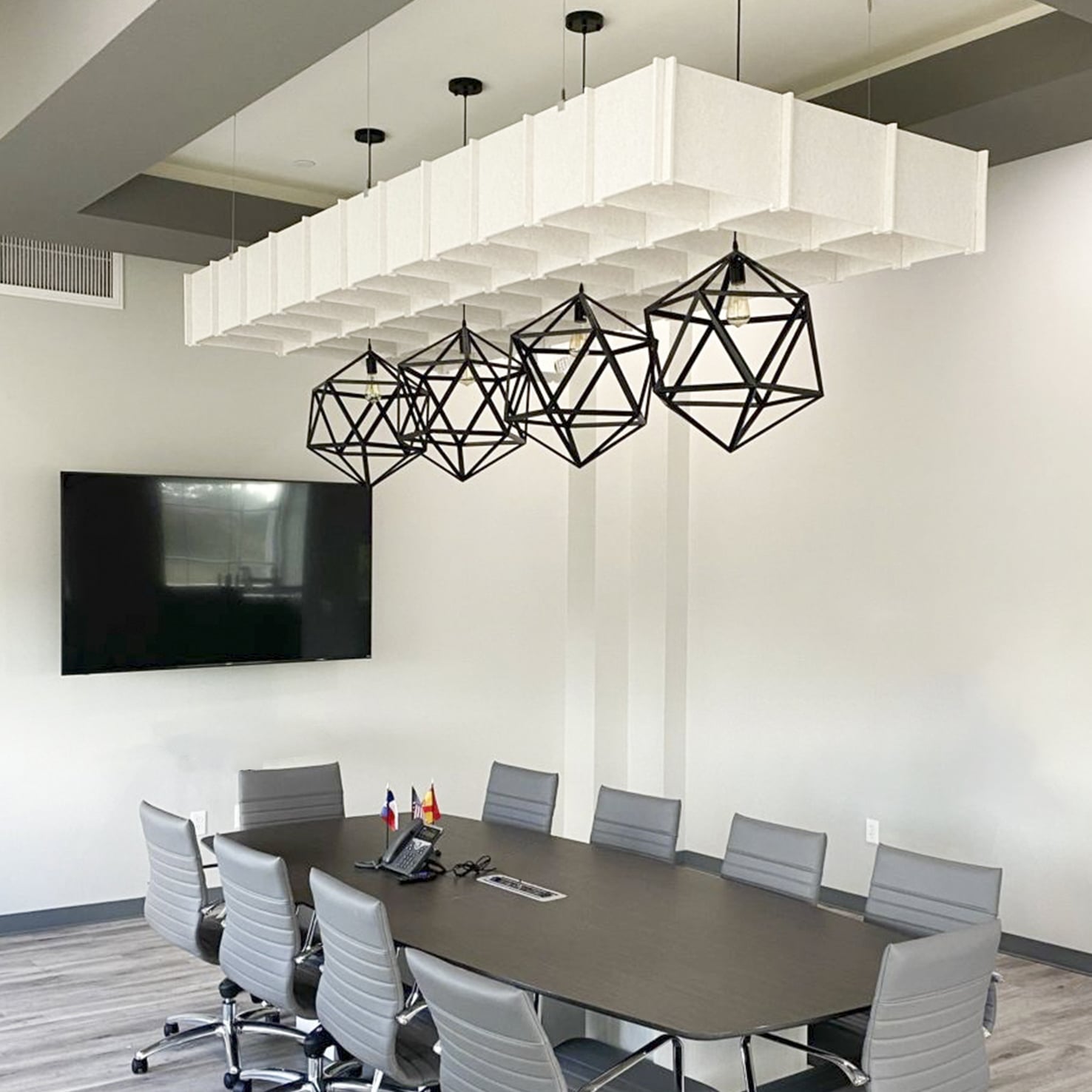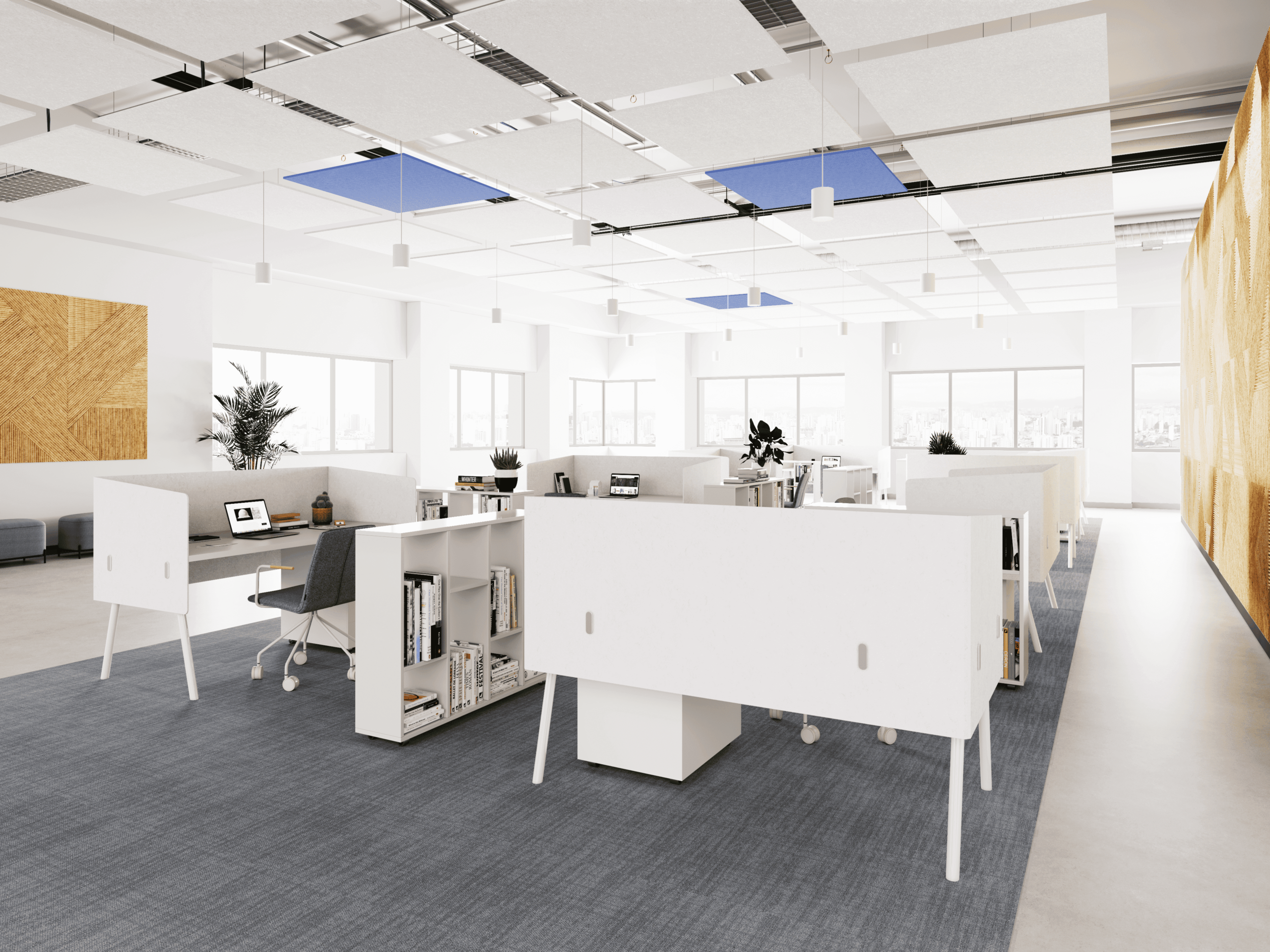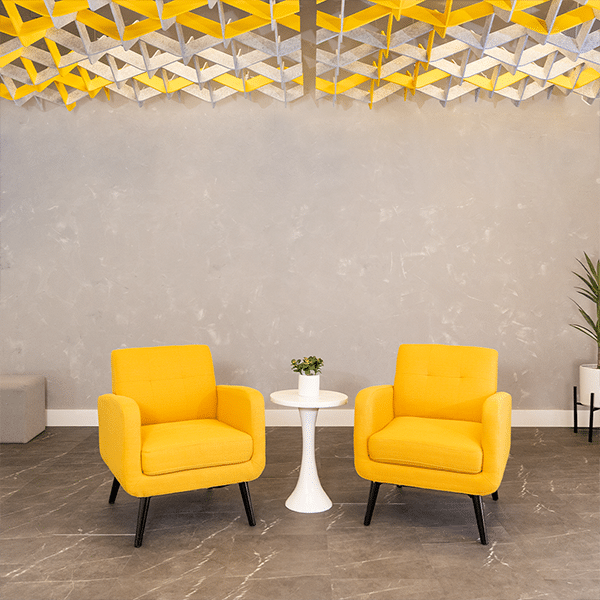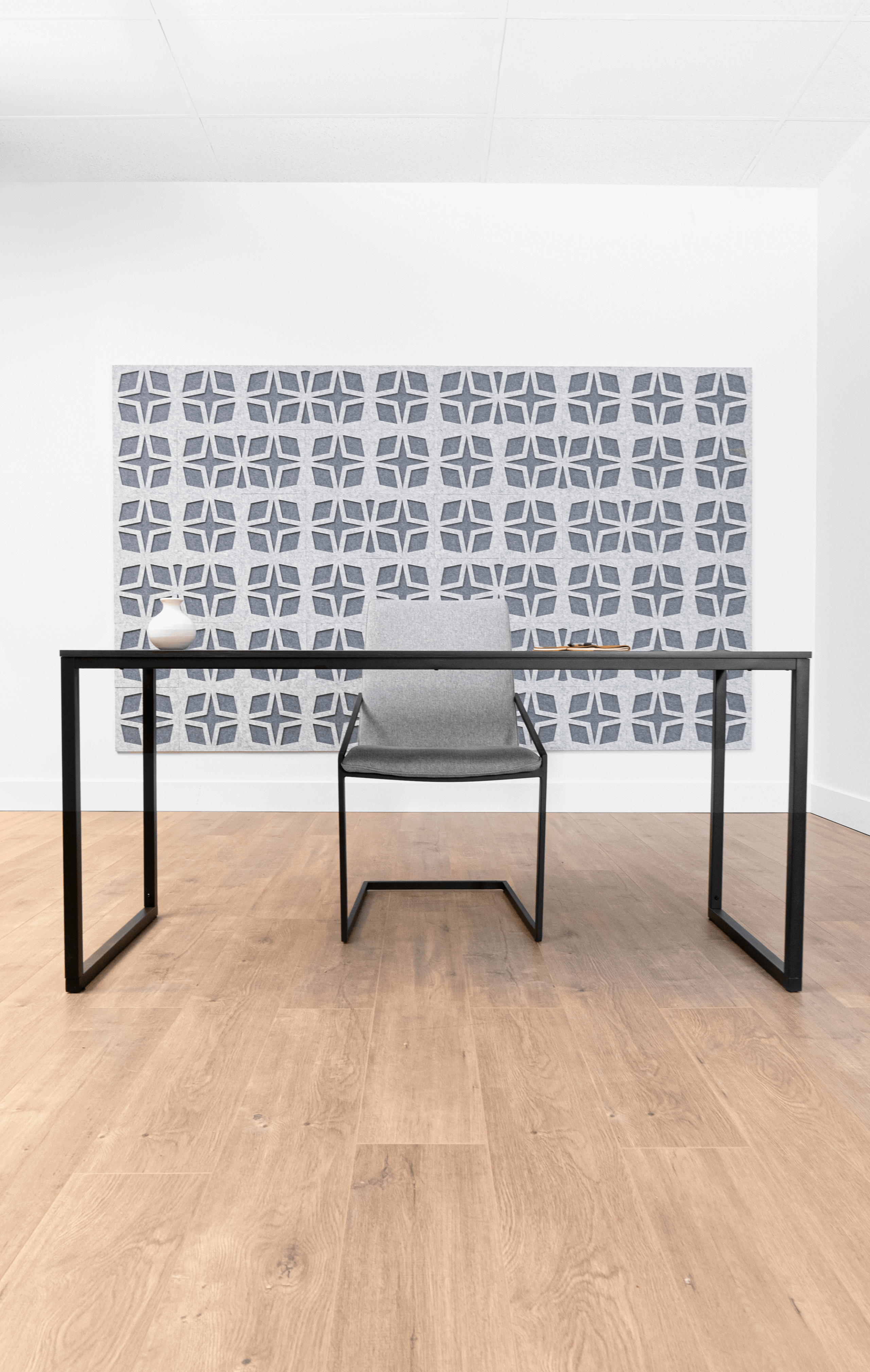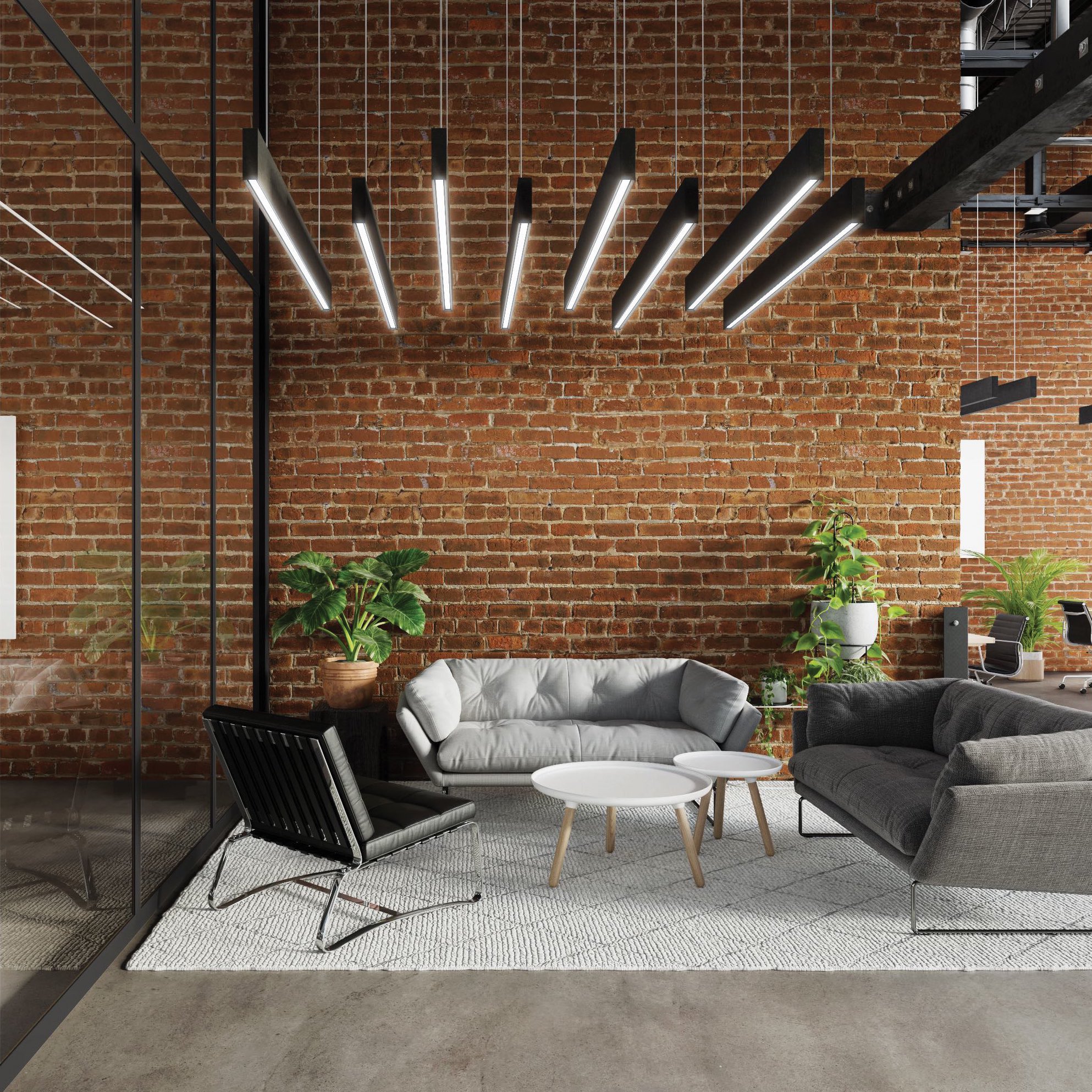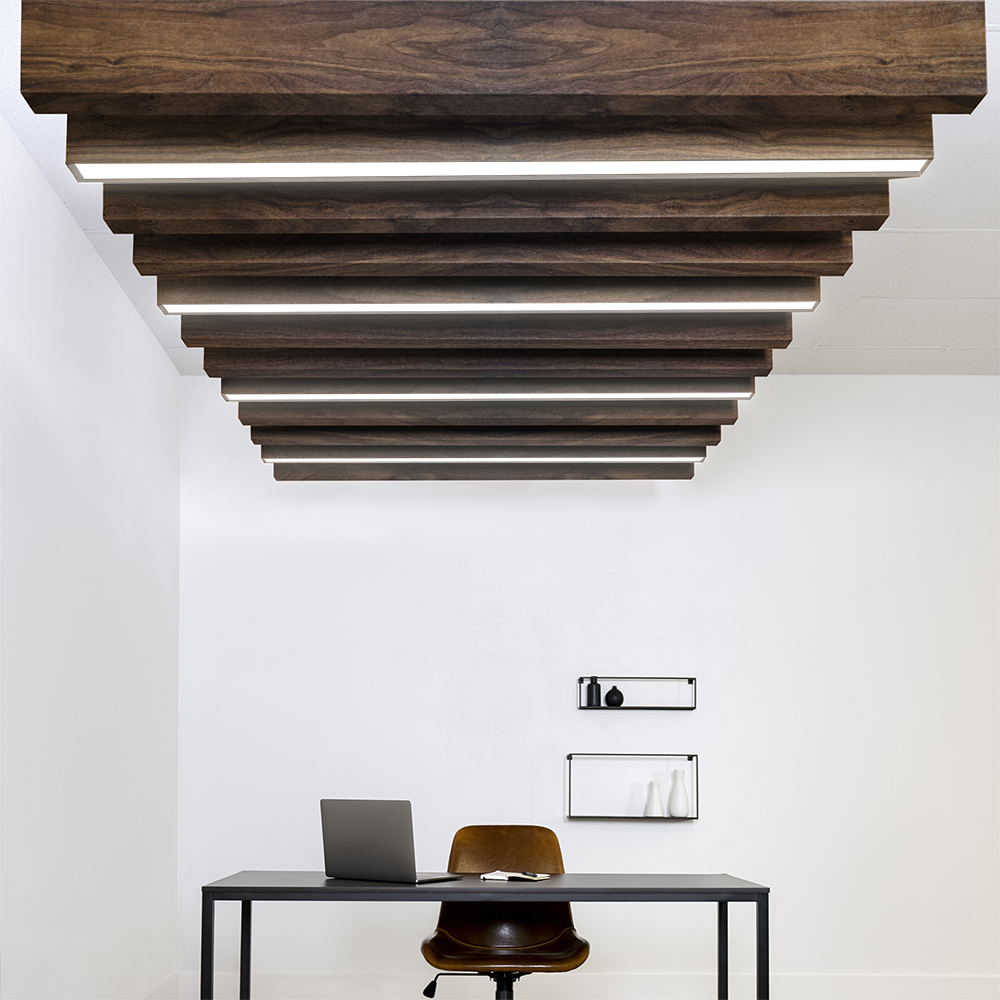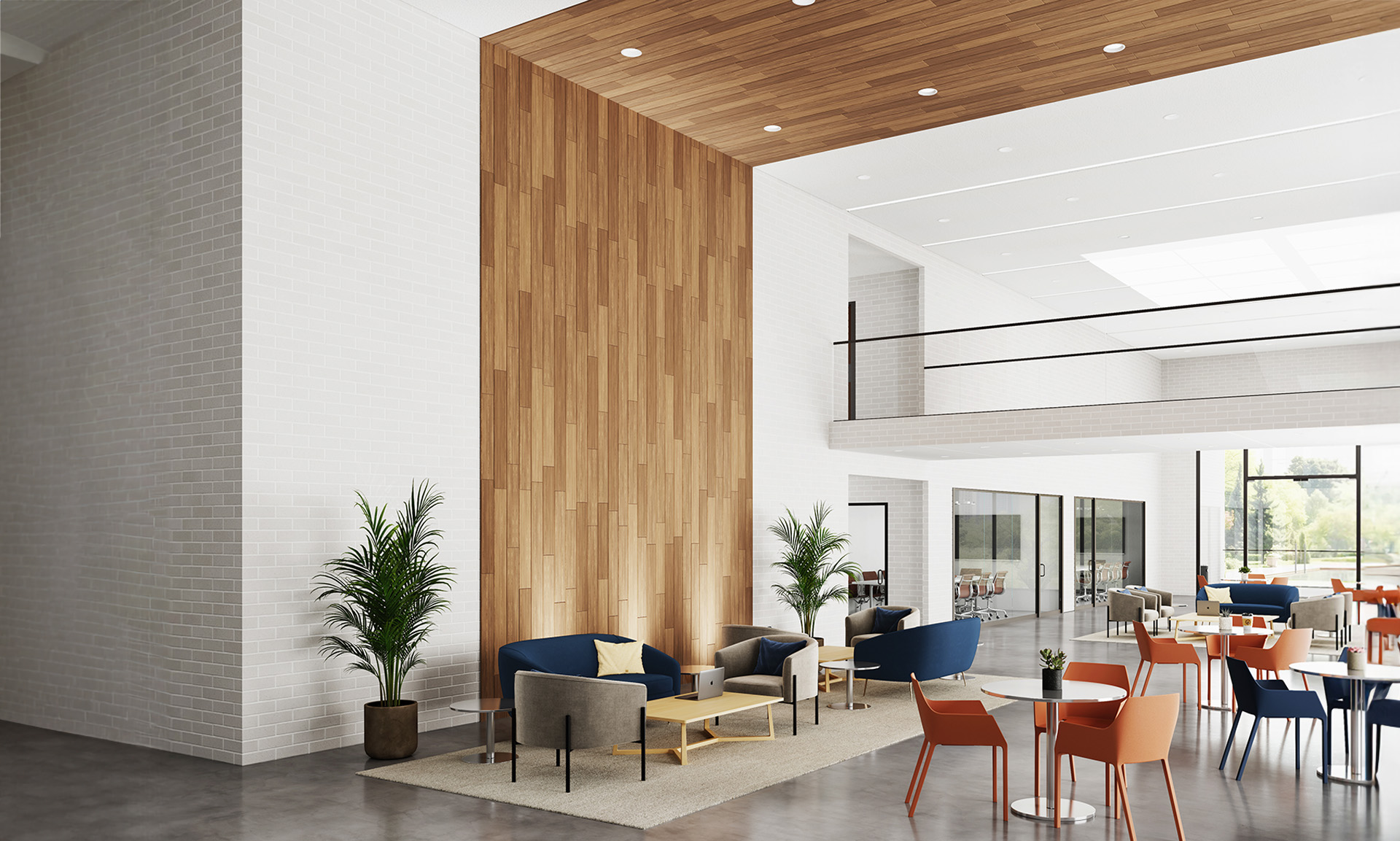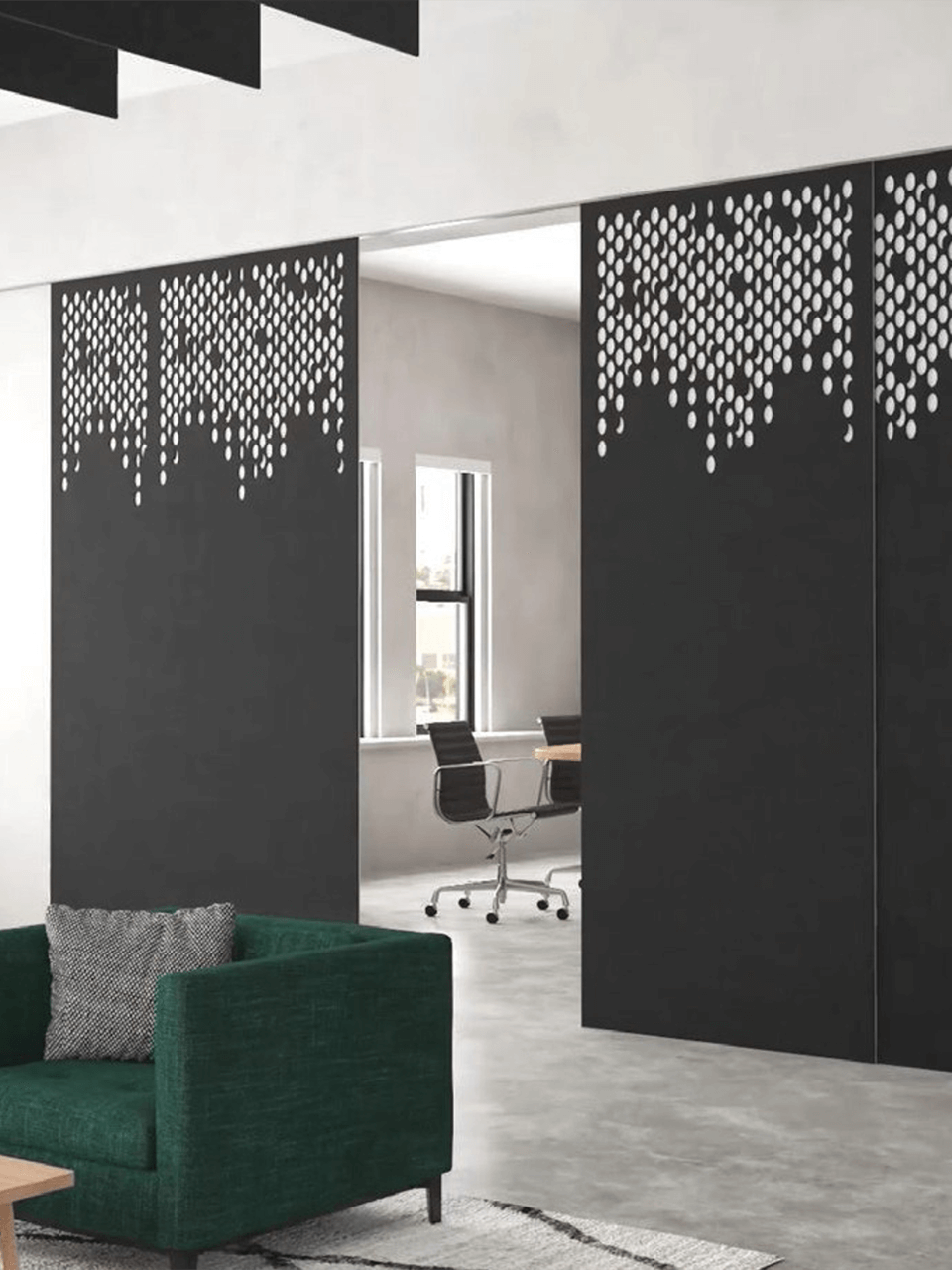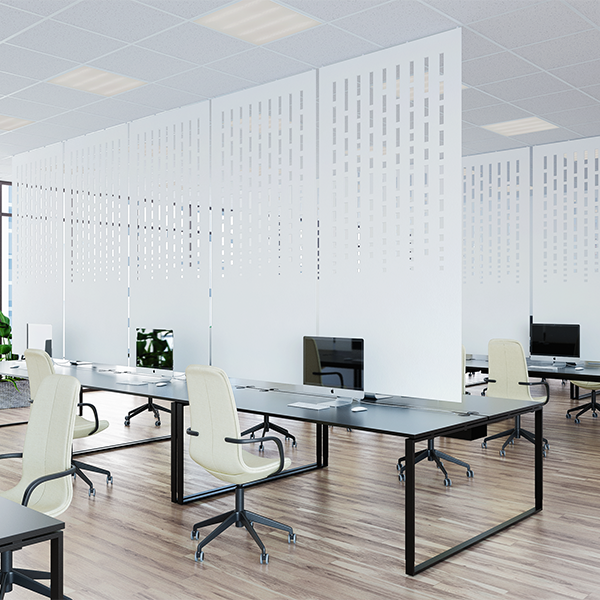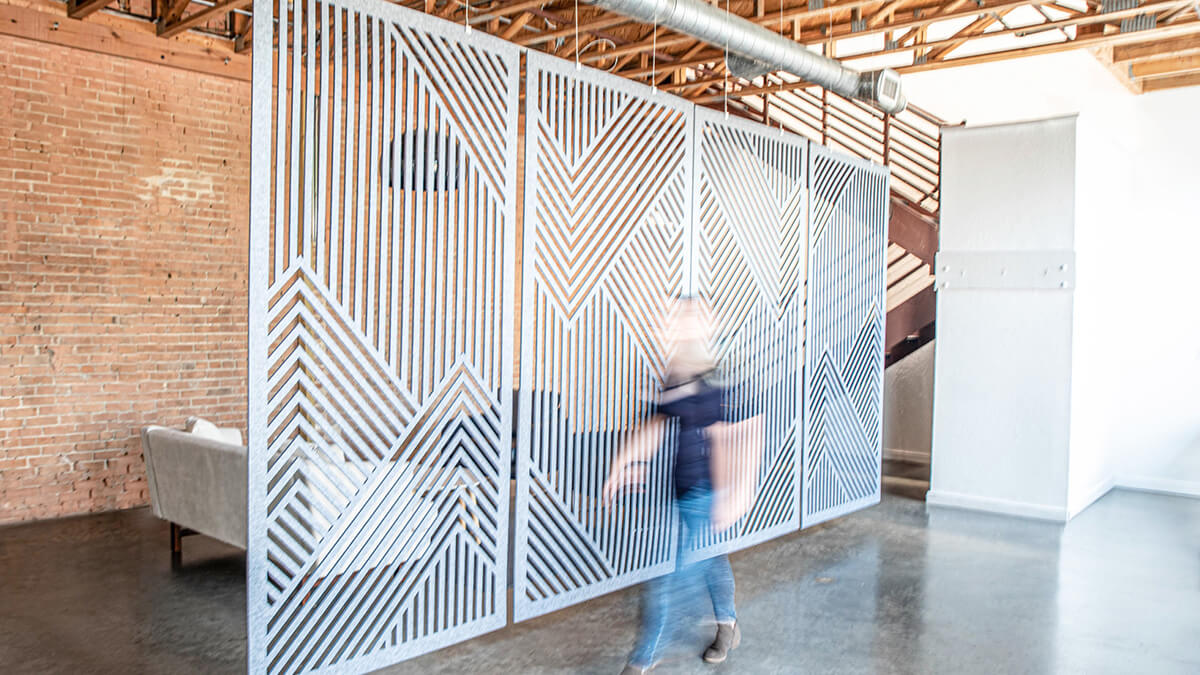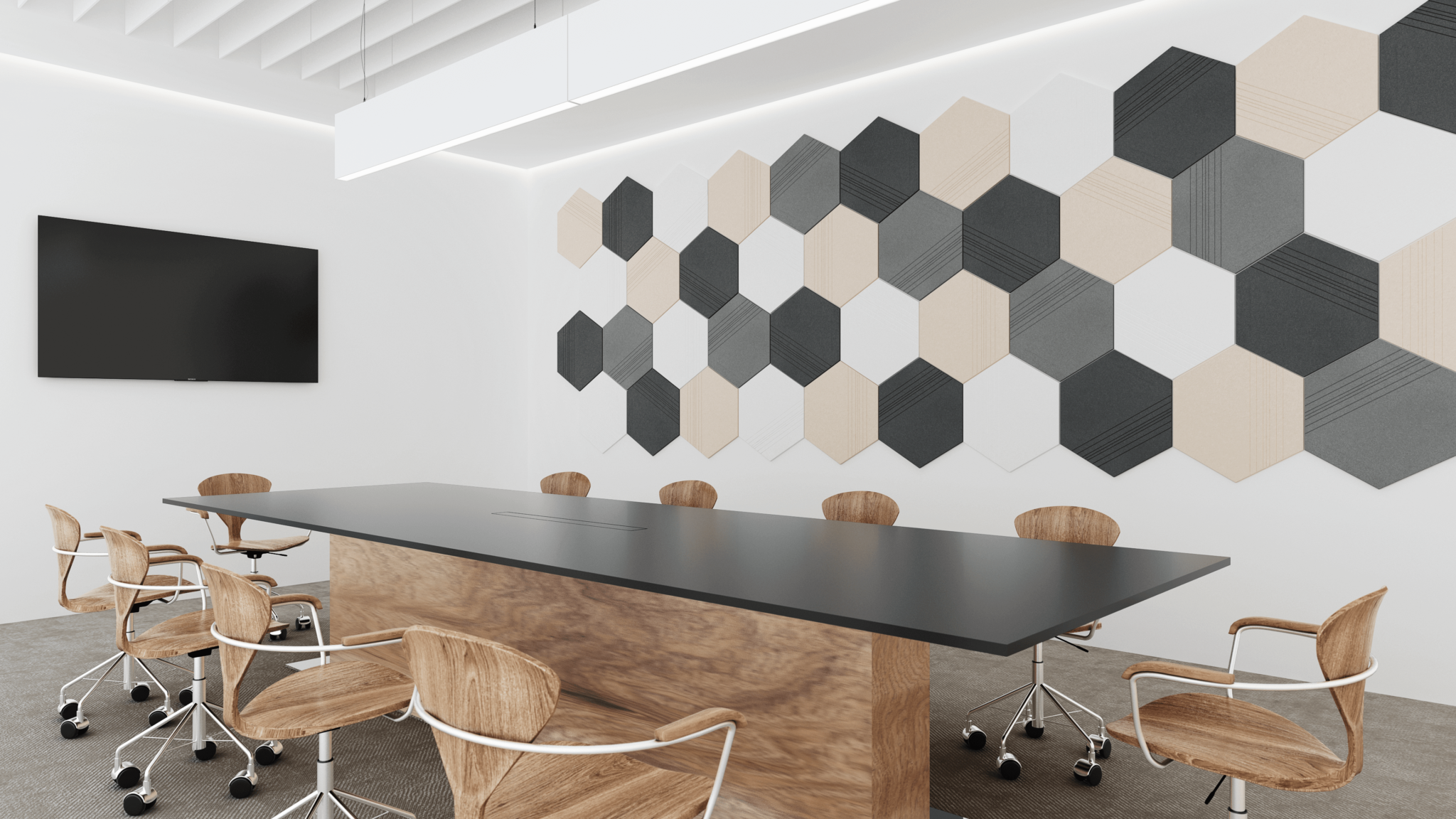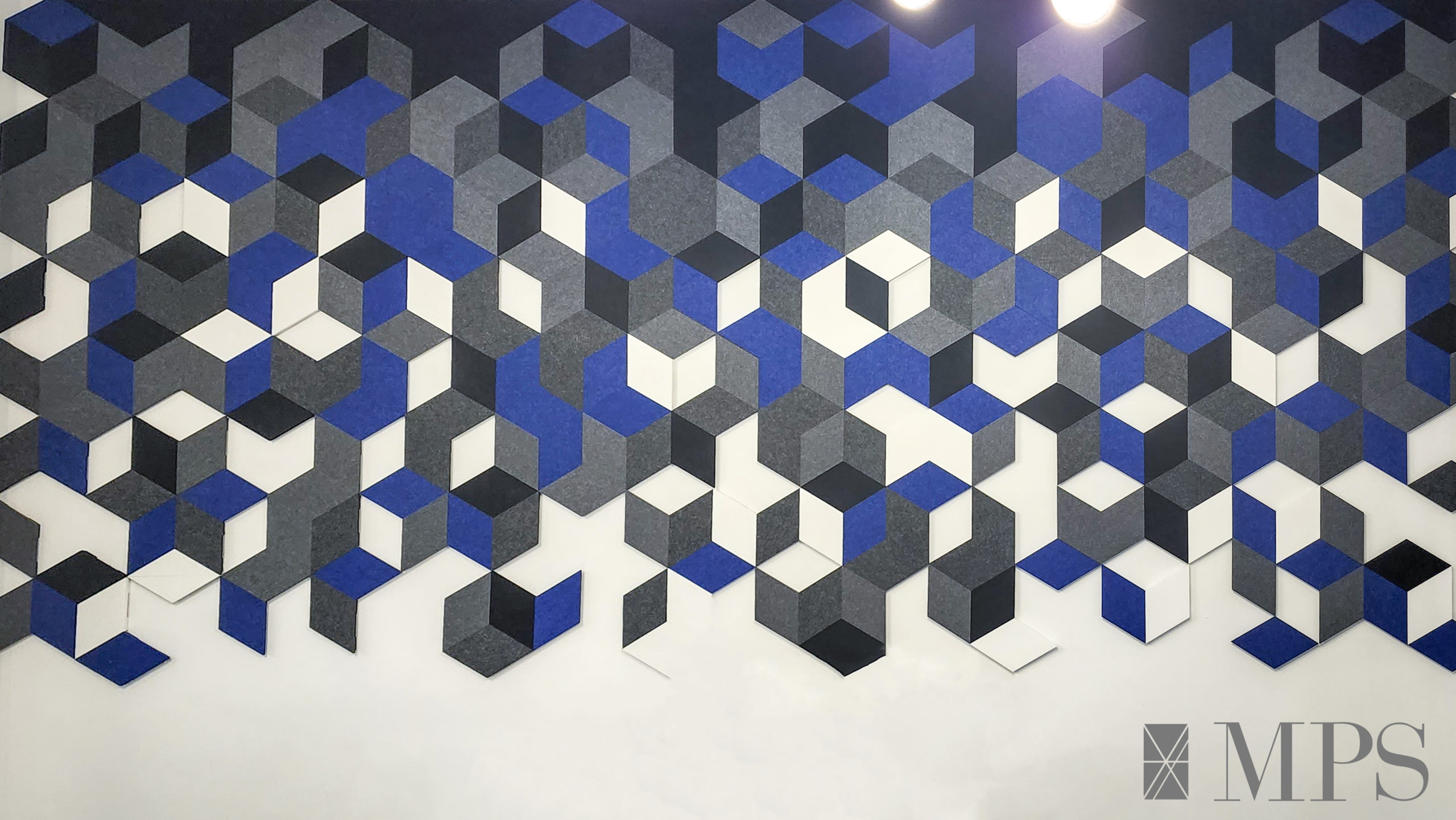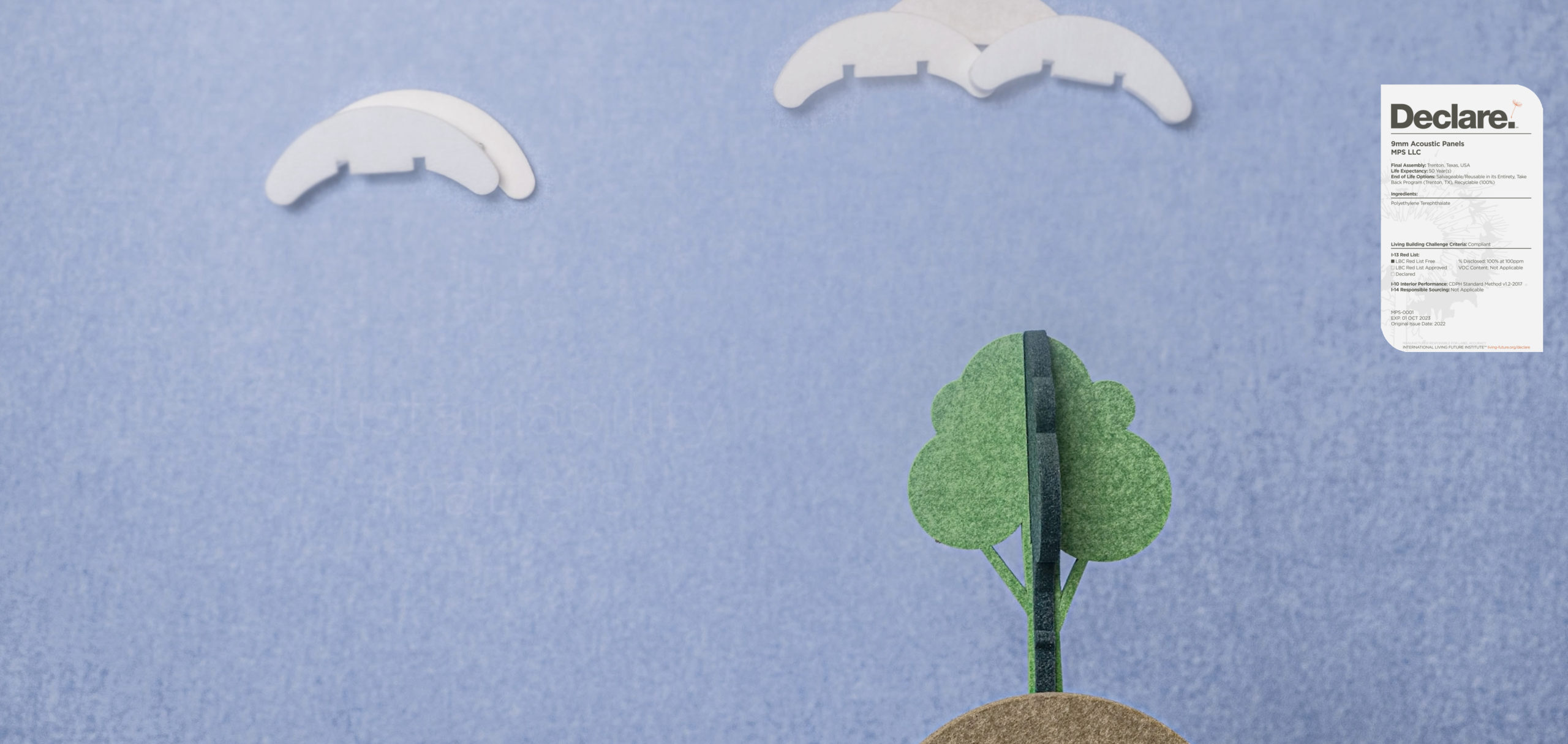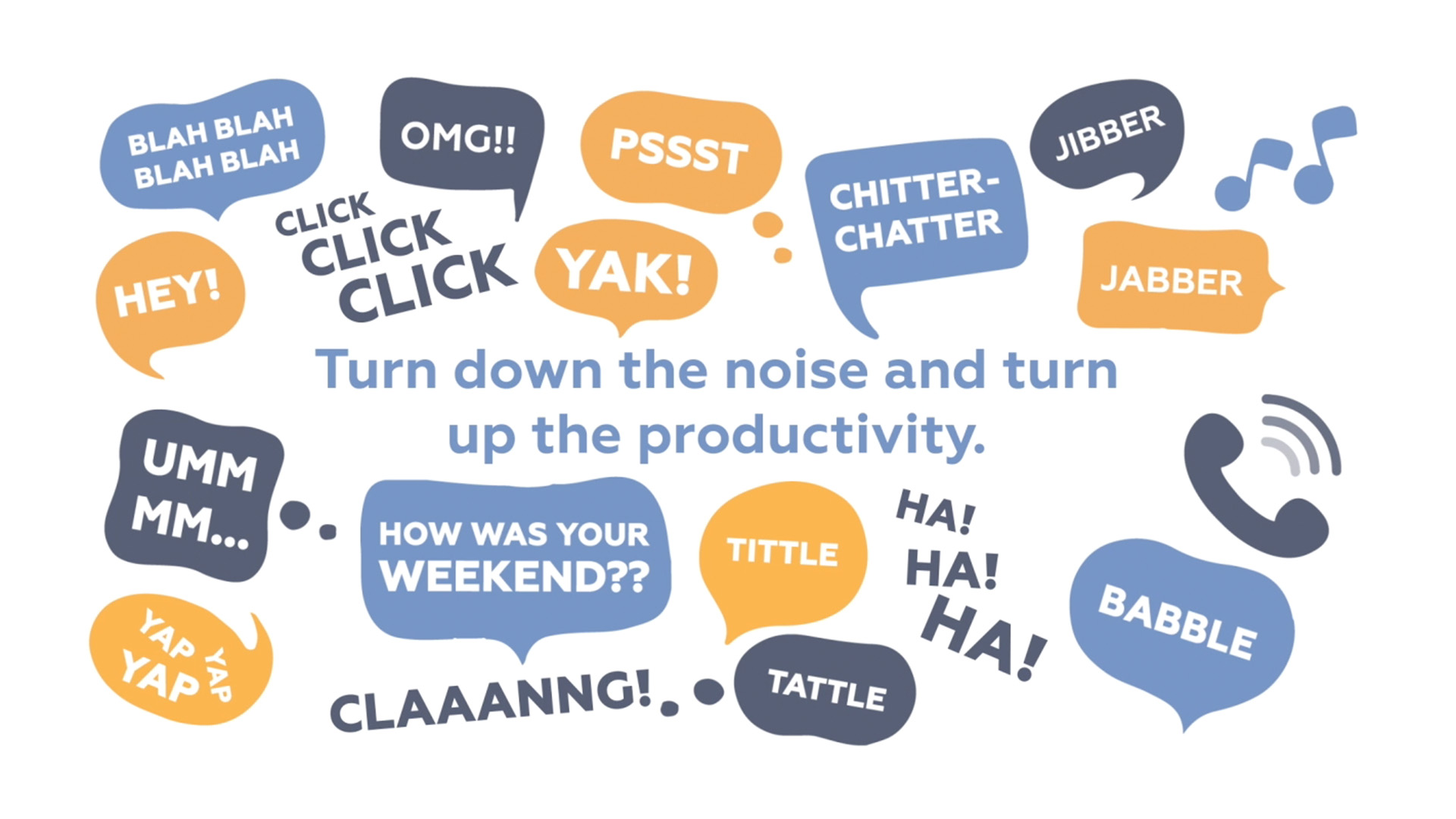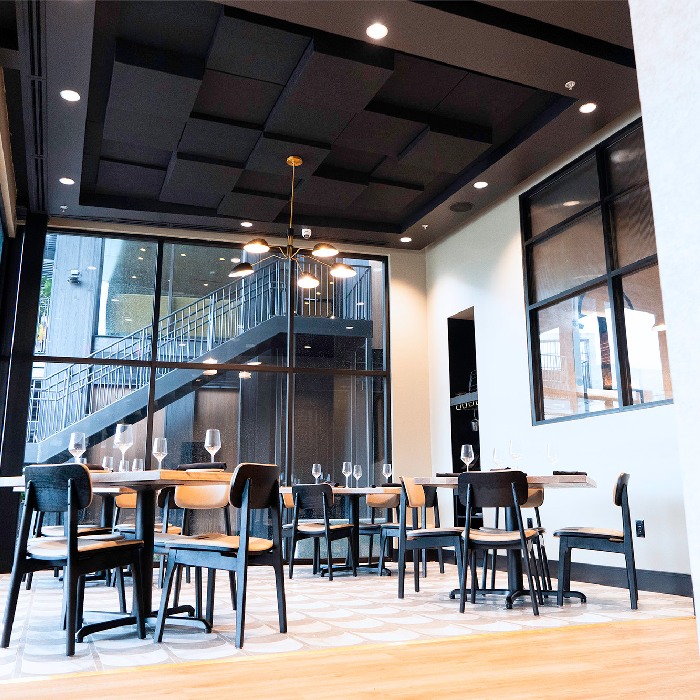Businesses

Privacy and Confidentiality
Any business or organization handling sensitive, personal, or financial information must take deliberate measures to safeguard the private information of its clients. Financial, personal, and medical privacy are now considered fundamental rights protected by law or governed by regulation – laws covering print, network security and verbal communication of private information.
Learn More About Speech Privacy for Offices
Trade secrets
The same care goes into protecting “trade secrets” or product information that provides the necessary edge in an increasingly competitive global marketplace. From financial institutions and manufacturers to medical facilities and social service agencies, most industries must protect records and information using all reasonable means available.
Doctors and Medical Facilities
In a 2005 study, researchers at Johns Hopkins University in Baltimore found that average daytime hospital sound levels worldwide had risen from 57 decibels to 72, while night-time levels had gone up from 42 decibels to 60. These sound levels have continued to climb every year since then. Besides the obvious decrease in patient satisfaction, such noise levels often indicate that a facility or office has a HIPAA compliance problem, as well.
Read About Speech Privacy in Medical FacilitiesLaw enforcement, military, and government officials
For law enforcement, military, and government officials who literally safeguard the security of our local communities and our nation, managing sensitive or classified information is essential to success in their daily operations. Information is power…if information gets into the hands of the wrong people, lives could be at stake. Yet, even as businesses and government agencies invest hundreds of thousands of dollars in physical security equipment and systems, they often overlook one of the most obvious threats that cannot be seen.
Eavesdropping…more than an irritation
Great lengths are taken to secure cyber transmissions of data and information. Physical files and records are routinely kept under lock and key with limited access. Even office design and furniture selection is now taking into account the need for privacy and confidentiality. Achieving voice privacy in the workplace is no longer just an important consideration—it’s essential.
In a 2008 study, the London-based Regus Group completed a study which showed that 59% of American business professionals have eavesdropped on someone else’s business conversation. Even more frightening is that 19% of those surveyed were able to use the information they overheard (and reported it).
Learn About How Speech Privacy Systems Can Prevent EspionageIn today’s environment of collaborative office space, high tech gadgetry, and mass communications, information that can be picked up through intentional or unintentional voice eavesdropping threatens to undermine even the most sophisticated security systems. Faced with decreasing resources, managers must find cost-effective ways to safeguard sensitive conversations in the workplace.
Read on to find out how confidential speech privacy can be achieved, or contact us today to discuss your specific acoustic concerns!

